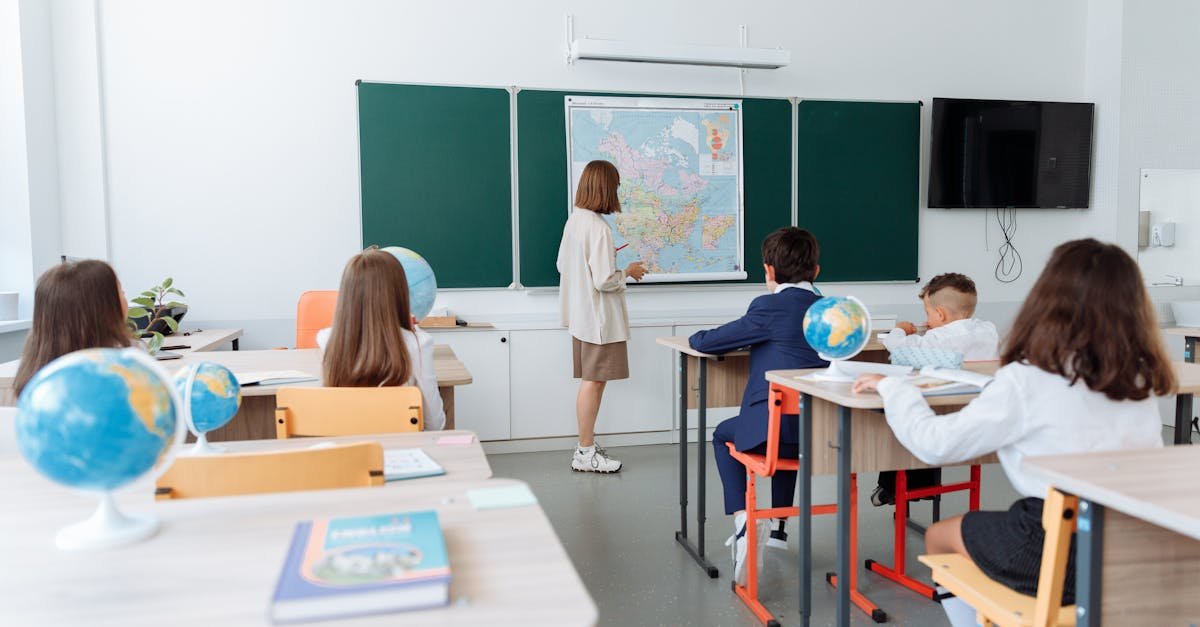In today’s politically charged environment, it’s important for parents to engage their children in conversations about elections. Helping kids understand the electoral process, the significance of their voices, and the responsibilities that come with citizenship can foster informed future voters. Here are some crucial points to consider when discussing elections with your children.
Understanding the Basics of Elections
Start by explaining what elections are and why they are held. Discuss the concept of democracy and how elections allow citizens to choose their leaders and influence decision-making. Use simple language and relatable examples to ensure your child grasps the fundamental principles of the electoral process.
Importance of Voting
Highlight the significance of voting in a democracy. Explain how voting is a way for individuals to express their opinions and have a say in government policies. Encourage your child to appreciate the importance of their voice and the impact it can have on their community and country.
Encouraging Critical Thinking
Promote critical thinking by discussing various political viewpoints and encouraging your child to ask questions. Teach them to analyze information, consider different perspectives, and form their own opinions. This skill will be invaluable as they grow and engage with political issues.
Addressing Misinformation
In the age of social media, misinformation can spread rapidly. Teach your children how to identify credible sources and the importance of verifying information before accepting it as truth. Discuss the potential dangers of misinformation and the importance of being informed voters.
Discussing Candidates and Policies
Introduce your child to the candidates running for office and the policies they support. Explain how these candidates’ views can affect their daily lives. Encourage your child to research candidates and engage in discussions about their platforms, fostering a sense of responsibility toward understanding political choices.
Creating a Safe Space for Dialogue
Ensure that your child feels comfortable expressing their thoughts and opinions about elections. Create a supportive environment where they can share their views without fear of judgment. This open dialogue will help them feel confident in discussing political issues and forming their own beliefs.
Engaging in Community Activities
Encourage your child to participate in community activities related to the election, such as attending local debates, volunteering for campaigns, or discussing issues with peers. Engaging in these activities can help them feel more connected to the electoral process and empower them to take an active role in their community.
| Tip | Description | Benefits | Age Appropriateness | Engagement Level |
|---|---|---|---|---|
| Understanding Basics | Explain what elections are and their significance. | Builds foundational knowledge. | All ages | Low to Moderate |
| Importance of Voting | Discuss why voting matters in a democracy. | Instills civic responsibility. | All ages | Moderate |
| Encouraging Critical Thinking | Promote analysis of political viewpoints. | Enhances decision-making skills. | Older children | High |
| Misinformation Awareness | Teach how to identify credible sources. | Prevents misinformation spread. | All ages | Moderate |
It’s essential to engage children in discussions about elections in a manner that is informative and relatable. By fostering an understanding of the electoral process and encouraging critical thinking, parents can help cultivate informed and active citizens.
FAQs
How can I start a conversation about elections with my child?
Begin by asking open-ended questions about what they know or think about elections. Use current events as a springboard for discussion.
What age is appropriate to talk about politics with kids?
You can start discussing basic concepts of politics and elections as early as elementary school, tailoring the complexity of the discussion to their age and understanding.
How do I handle differing political views in my family?
Encourage respectful dialogue and emphasize the importance of listening to different perspectives. Teach your child how to express their views while being open to others’ opinions.
What resources can help my child learn more about elections?
Look for age-appropriate books, educational websites, and documentaries that explain elections and civic engagement in an engaging manner for children.

